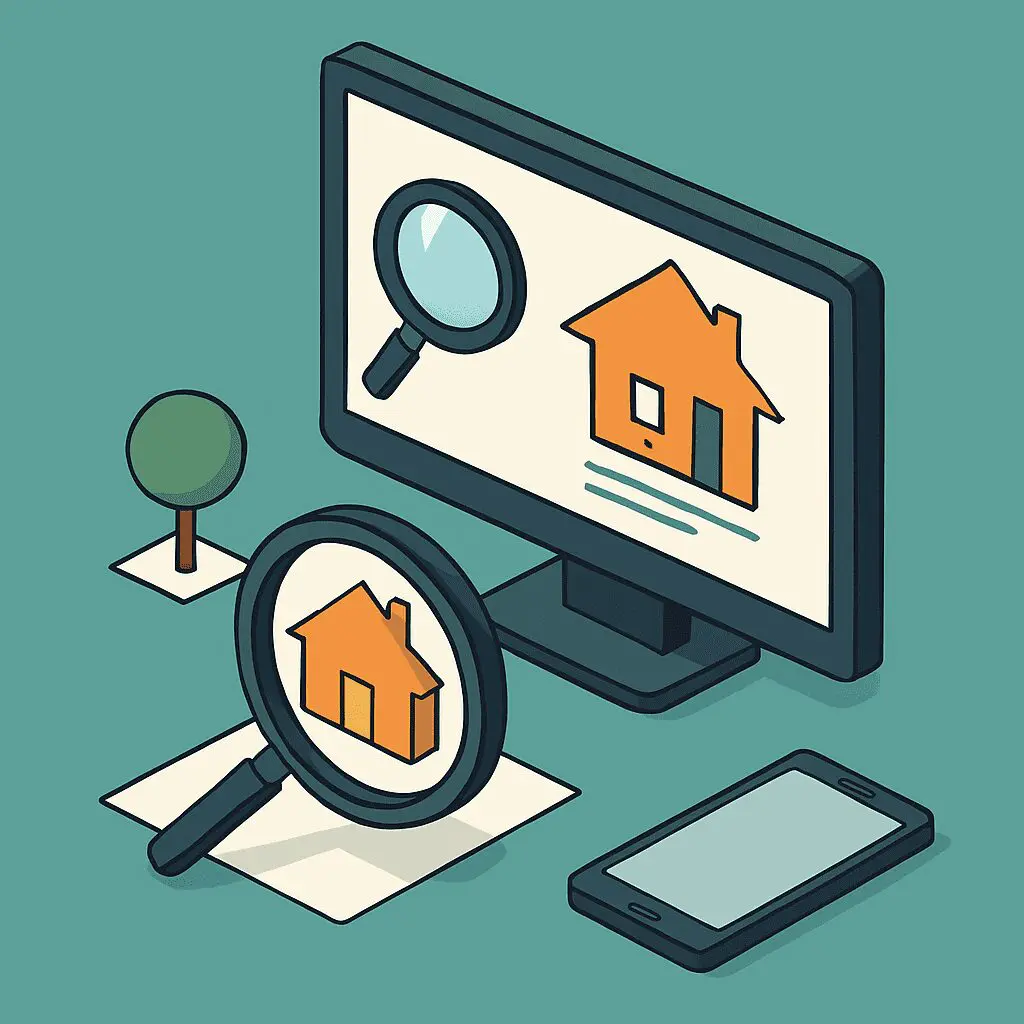
Finding out who owns a property can feel like a tall order. Maybe you want to purchase a parcel of land or are just trying to figure out who owns a given building. The bright side is there are several totally free methods to locate the homeowner. In this guide, we will find out how hard it is to collect this information, what tools you need, and where you can get them.
Public Records Search
All local governments have public records that can be inspected for free. Most counties have a website where you can type in the address of the property for property records. Ownership information, such as names tied to properties in a geographic area, can be gleaned from tax assessor databases that are free to access. Knowing your county or city websites can be extremely helpful when looking up these records. The platforms used for local areas are different, so searching for the right site online remains inescapable. Checking public records is one of the first steps in how to find out who owns a property.
Property Appraiser’s Office
Going to a local property appraiser’s office is a physical way of getting ownership information. Property ownership and appraisals are recorded at the county level, which ensures that identifying owners is an open and shut case. If remote access is not available, a physical visit grants a more straightforward contact. Office staff frequently assist in transparency through channels to get the data you want. This quest is made easier by providing a basic understanding of how the local government works.
Tax Records
Another avenue of knowledge is property taxes. Information about who is responsible for paying property taxes is typically found in tax collector or assessor offices. If a person mentions the address or plot number, they may be able to find the name of the property tax consoled by the current owner. The departments can be overwhelming to explore on a county website, and dedicated employees in these departments can be an incredible resource for questions about the process or a specific data source. It illuminates ownership information without charge.
County Clerk or Recorder of Deeds
Archives of county clerks or recorders of deeds office are a gold mine of real estate paperwork. These documents may contain information on property history and deeds and sometimes on ownership status. The county clerk’s office visit allows you to interact directly with the personnel who can help you navigate the process of requesting specific databases. More and more, online services provide access to these records, allowing homeowners to verify their ownership from home. Employees in these offices can help navigate and ensure sources are used efficiently.
Neighborly Inquiry
It’s also said that asking neighbors who live in the vicinity of the property can offer some insight, too. Those living close to a property usually know about owners with community ties. The best initial step to get ownership information is usually targeting owners of neighboring blocks. Maintaining a respectful manner of communication keeps interactions civil in the process of seeking information. Information that is learned through speaking to neighbors is often used to assist subsequent search efforts.
Internet Research
Another strategy that works well is to do research online, as most social platforms can reveal valuable clues regarding property ownership. Seek user-generated content in social networking sites where people talk about properties that are around their locality. Just enter the address into a search engine, and you will be potentially exposed to social media posts or even whole forums containing some details about the property. Using more than one search phrase increases the likelihood of finding appropriate information.
Title Companies and Real Estate Agents
They mainly charge for their services but may help you with trivial questions for free. Putting together a short email or making a 5-minute phone call asking for simple guidance might get you some critical advice. Working with professionals who know the territory you are trying to play in and do so professionally is also a great way to take the mystery out of local real estate markets. Curiosity concerning an agent’s time goes a long way and may unlock property knowledge that is not readily apparent.
Conclusion
These free-to-access tools and resources will provide anyone who wants to understand who owns a property with useful information free of charge. Public records, neighbor outreach, online resources, and professionals are all pieces of a puzzle you can assemble in your research. However, when armed with knowledge of processes, individuals are empowered to be more transparent about property ownership in their communities. With these tricks up your sleeve, finding property ownership today is still quite possible and, in fact, not too hard.

